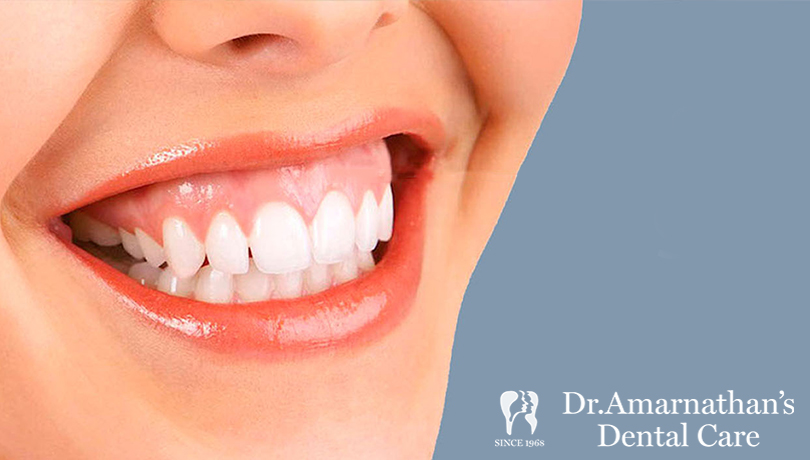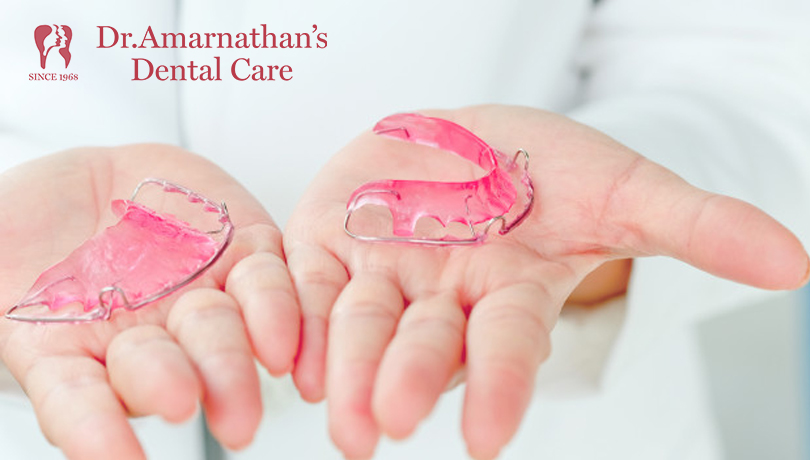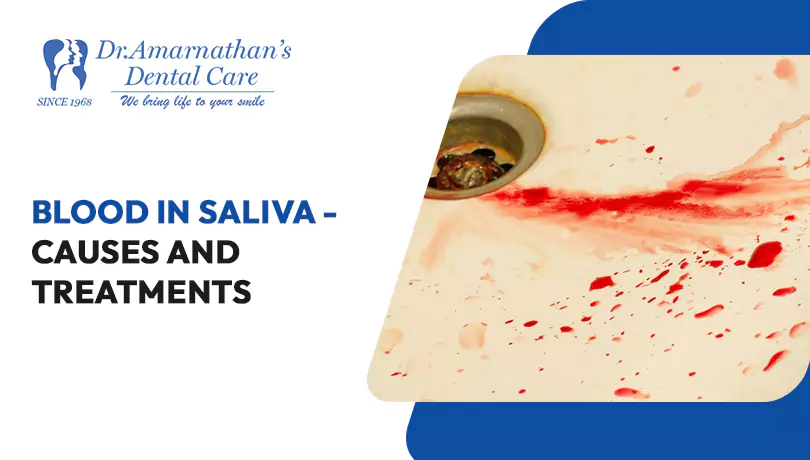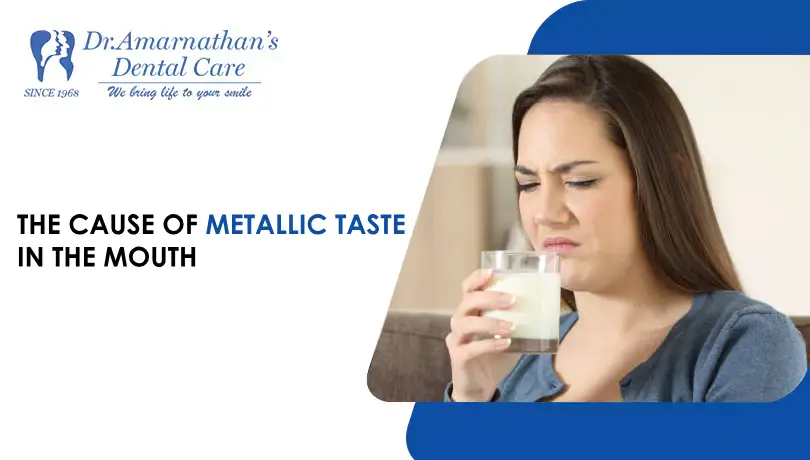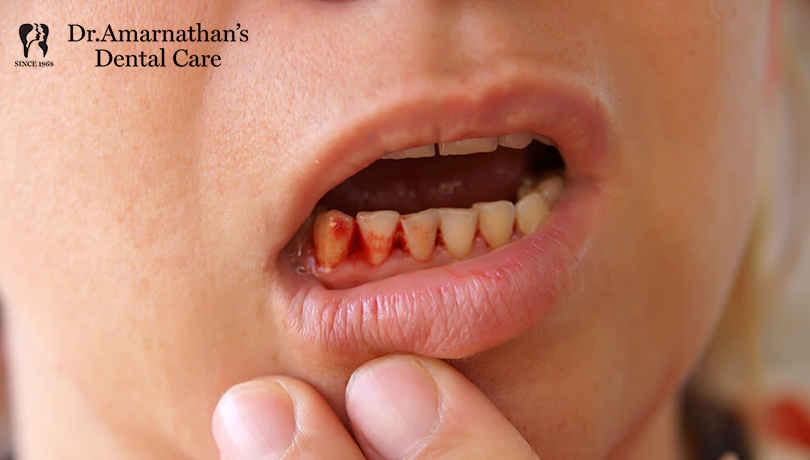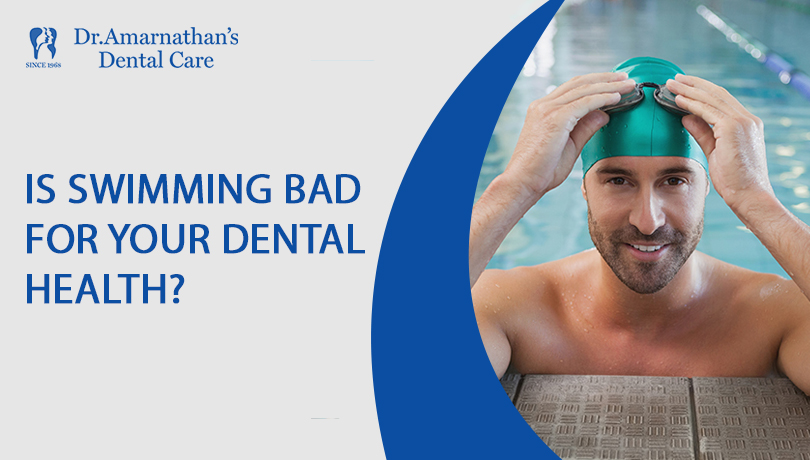
Is swimming bad for your dental health?
As everyone loves to soak in water bodies to keep cool during warm weather, swimming has remained the most popular seasonal activity. Swimming is well-known for its advantages like reducing body heat, strengthening muscles, ensuring cardiovascular fitness, etc.
Despite swimming helping your body and inner organs vividly, it is quite hard on your teeth if you swim at swimming pools regularly. Chlorine added to swimming pools is the main culprit behind swimming’s ill effects on teeth. Are you surprised? Keep reading.
How does chlorine affect your dental health?
Chlorine is added to water to kill disease-causing bacteria and keep the pool clean. Moreover, it helps the swimming pools free from algae. When the water in a pool or hot tub is excessively chlorinated, its pH level decreases and becomes acidic. Frequent exposure to chlorine has some devastating effects like hair discoloration, skin dehydration, dark stains on teeth.
Researchers found that these repercussions are highly seen in professional swimmers who swim regularly for longer hours in chemically-treated pools.
What are the dental problems caused by chlorinated water in swimming pools?
At times, you might sense a sensitive feel in your teeth after being submerged in a swimming pool for a long time. Right?
Researchers revealed that 15% of regular swimmers encounter teeth sensitivity. Here are the possible dental difficulties encountered by people who spend a long time in swimming pools for various water activities apart from swimming:
1) Swimmer’s Calculus
The accumulation of acidic substances formed due to the combination of chlorine ions and water develop residues over the teeth surfaces. As the chlorinated water’s pH level is higher than our saliva’s pH, it leads to the breakdown of protein in saliva, followed by its deposition on teeth. It looks like a yellow or brown film which is commonly known as a swimmer’s calculus. It is highly seen in the front teeth surfaces.
2) Enamel Erosion
Enamel – The hard outer covering of your teeth protects the existing layers present underneath. When it is exposed to acidic substances frequently, the hard tissues become weak and erode over time, exposing the underlying soft tissues. In general, stomach acids, acidic compounds in food, water, certain medications are responsible for this problem.
As swimmers spend longer durations in chlorinated water, they are highly prone to develop enamel erosion.
3) Damage the dental appliances
When dental appliances like retainers and others made from plastic are exposed to water in a chemically-treated pool, they will damage. We have seen many occasional swimmers also break their dental appliances when they swim for a longer duration.
How should swimmers protect their teeth?
A properly maintained swimming pool should have a pH value between 7.2 and 7.8. The imbalance in pH balance will be exhibited as the dental difficulties we discussed. Moreover, it causes various bodily problems like ear pain, diarrhea, eye pain, congestion, etc.
So you should ensure the water in the pool is not acidic but cannot be identified with naked eyes. So try the following things:
- Use pH strips to determine if the water is chemically-treated or not.
- Erosion in the pool ladders, linings, and railings occurs due to the acidic substances in water. So if you notice such corrosions, avid swimming in that pool.
If you are an avid swimmer, try closing your mouth to obstruct the chlorinated water touches your teeth. Likewise, if you are using any dental appliance, remove it before you are going to swim. Don’t forget to brush your teeth with fluoridated toothpaste twice a day. It replenishes the calcium to strengthen the enamel thereby you can prevent dental damages.
Bottom line
We do not mean that swimming is detrimental to your teeth but chlorine ions in a chemically-treated pool are. You don’t worry about this if you swim for a shorter while. On the other hand, if you spend more than 6 hours a week in the swimming pool, you should follow the dental precautionary activities we mentioned.
Remember that the signs of dental damages begin to appear within 21 to 27 days after exposure to the chlorinated water. Under such circumstances, consult your dentist as soon as possible.



